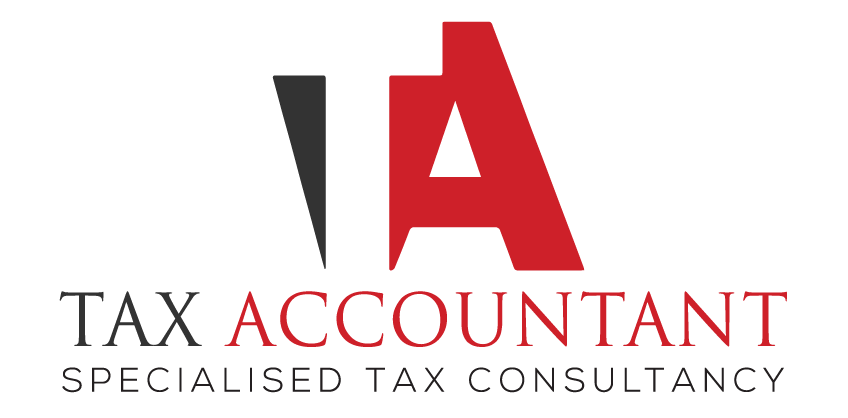For many Britons, moving to Bulgaria offers an appealing mix of sunshine, lower living costs, and a more relaxed pace of life. Yet while life abroad may be simpler, the tax situation often isn’t. Thousands of UK citizens living in Bulgaria still have obligations to HM Revenue & Customs (HMRC) — and failing to understand them can lead to unexpected bills, double taxation, or penalties.
This guide explains what every UK expat in Bulgaria should know about their UK tax responsibilities, how to avoid paying twice on the same income, and the best ways to manage cross-border finances smoothly.
1. Understanding UK Tax Residency
The cornerstone of every expat’s tax situation is residency status. Whether or not an individual remains liable for UK taxes depends on where they are considered a tax resident under the Statutory Residence Test (SRT).
In simple terms:
-
If you spend 183 days or more in the UK during a tax year, you are automatically UK tax resident.
-
You may also be classed as UK resident if your ties to the UK (property, family, work) are strong, even if you spend fewer days there.
-
Conversely, those who live and work full-time in Bulgaria with limited UK connections may be treated as non-resident for tax purposes.
Residency affects everything — from how income is taxed to whether you need to file a UK Self Assessment tax return. Therefore, it’s essential to track days spent in each country carefully and retain documentation, as HMRC can request evidence years later.
2. The UK–Bulgaria Double Taxation Agreement (DTA)
Fortunately, the UK and Bulgaria have a Double Taxation Agreement, designed to prevent residents from being taxed twice on the same income. The treaty allocates taxing rights between the two countries depending on the type of income — such as salary, pensions, property rental, or dividends.
For example:
-
UK government pensions are generally taxable only in the UK.
-
Private or occupational pensions may be taxed in Bulgaria if the individual is a Bulgarian tax resident.
-
Rental income from UK property remains taxable in the UK, but the tax paid there can often be offset against any Bulgarian liability.
-
Interest and dividends may be taxable in either country depending on residency and source rules.
The DTA doesn’t eliminate the need to file; it simply ensures that income isn’t taxed twice. To benefit from it, expats may need to submit specific relief claim forms to HMRC or the Bulgarian tax authorities, proving residency status.
3. Income Sources That Remain Taxable in the UK
Even when living permanently in Bulgaria, certain types of income remain under HMRC’s scope:
-
Rental income from UK properties
-
UK pensions (State Pension and government service pensions)
-
UK-based employment or freelance contracts
-
Interest and dividends from UK accounts (depending on structure)
This means many expats must still file a UK Self Assessment tax return each year, even if most of their income comes from abroad.
Ignoring this requirement can lead to penalties for late filing or non-disclosure. HMRC’s global data-sharing agreements now make it easy to cross-check overseas accounts and property ownership.
4. Common Mistakes UK Expats Make
Living abroad doesn’t exempt anyone from paperwork. Unfortunately, many expats make similar missteps:
-
Assuming they’re no longer UK tax resident after moving abroad. Residency is determined by objective criteria, not just address.
-
Failing to file Self Assessment because income seems “small” or already taxed abroad.
-
Not declaring UK rental income, believing HMRC won’t find out.
-
Missing out on tax reliefs such as Personal Allowance or pension contribution relief, which may still apply to non-residents in certain cases.
-
Overpaying taxes in both countries due to lack of DTA awareness.
A little proactive planning prevents these costly mistakes.
5. Filing Taxes from Bulgaria: Practical Steps
Filing a UK tax return from Bulgaria is simpler than it sounds. HMRC’s online services allow individuals to register, file, and pay securely from abroad. Key steps include:
-
Register for Self Assessment if required.
-
Gather income details from all UK sources.
-
Claim double taxation relief if Bulgarian tax has already been paid.
-
Submit the return by 31 January (following the end of the UK tax year on 5 April).
Payments can be made online via bank transfer or debit card. It’s advisable to maintain a UK bank account for easier handling of tax refunds and pension payments.
Expats should also register with the Bulgarian National Revenue Agency (NRA) to declare worldwide income and claim any reliefs under the DTA.
6. Tax Planning Tips for UK Expats in Bulgaria
Good planning can reduce stress — and tax bills. Consider these practical strategies:
-
Check your tax residency annually. Even short trips to the UK can alter your status under the SRT.
-
Use the UK Personal Allowance (currently £12,570), which some non-residents still qualify for.
-
Plan pension withdrawals strategically to minimise tax in both countries.
-
Declare UK property income through HMRC’s Non-Resident Landlord Scheme to avoid withheld tax at source.
-
Keep records of Bulgarian taxes paid to support double taxation relief claims.
-
Consider exchanging information with a professional adviser familiar with both UK and Bulgarian tax laws.
7. Digital Tools and Professional Support
Managing taxes from abroad has become far more convenient thanks to digitalisation.
HMRC’s Personal Tax Account allows taxpayers to view records, track codes, and communicate with HMRC directly. Online accounting platforms, secure file sharing, and e-signature tools make it possible to manage complex filings remotely.
For those unsure where to begin, seeking professional advice can save both time and money. Firms experienced in cross-border taxation — such as My Tax Accountant — provide tailored assistance for UK residents abroad, ensuring compliance with both HMRC and foreign tax regimes.
Professional guidance helps clarify how the DTA applies, whether income must be declared in both countries, and how to structure pensions and investments efficiently.
8. Staying Compliant and Confident
The key to stress-free expat living is clarity. UK tax obligations don’t end when one boards a plane — but they can be managed smoothly with the right knowledge and tools.
Understanding residency, tracking income sources, using the Double Taxation Agreement correctly, and seeking help when needed will ensure that life in Bulgaria remains as rewarding financially as it is culturally.
Paying taxes may not be the most glamorous part of expatriate life, but it’s one that can save thousands — and countless hours of worry — when handled correctly.






